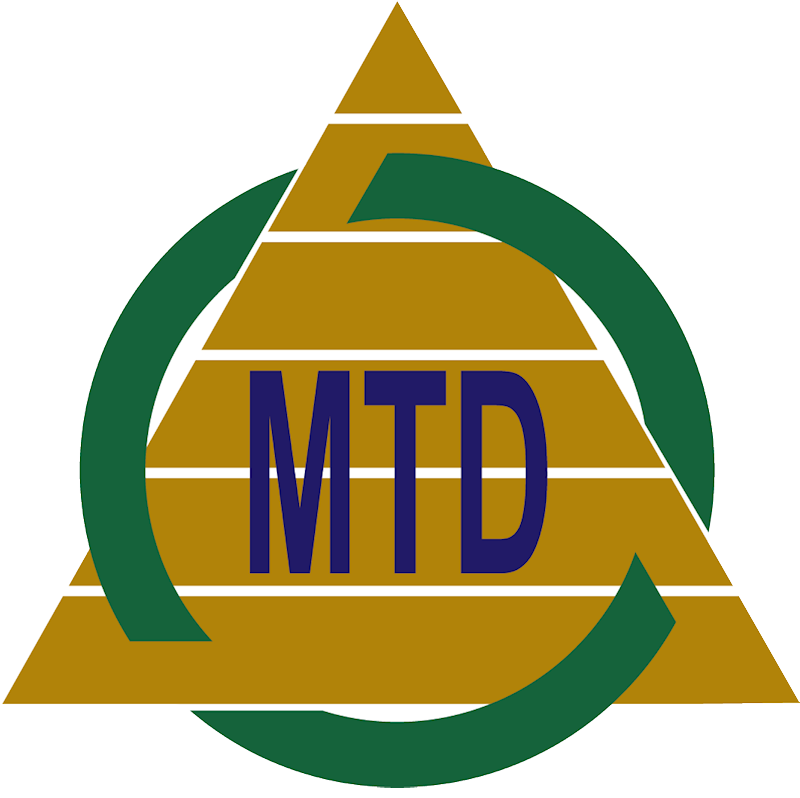
Investing in unit trust Malaysia has become a popular avenue for Malaysians seeking to diversify their investment portfolios. It offers a range of funds that cater to different risk profiles and investment objectives. However, the key to effective portfolio diversification lies in understanding how to strategically allocate assets across these diverse options. This article explores various strategies for effective portfolio diversification within the context of Malaysia’s unit trust.
Understanding the Basics of Diversification
The Importance of Diversification
Diversification is a risk management strategy that involves spreading investments across various financial instruments, industries, and other categories. It aims to maximize returns by investing in different areas that would each react differently to the same event.
Types of Diversification in Unit Trusts
In the context of Unit Trust Malaysia, diversification can occur across asset classes (stocks, bonds, real estate), sectors (technology, finance, healthcare), and geographical regions.
Asset Allocation
Determining Your Risk Tolerance
Before diversifying, assess your risk tolerance. It will influence your asset allocation – the process of distributing your investment across various asset classes. Typically, a higher risk tolerance is associated with a greater allocation to equities, whereas a lower risk tolerance leans towards bonds and fixed-income instruments.
Age-Based Allocation
Age can also guide asset allocation. Younger investors might prefer growth-oriented funds due to their long-term horizon, while older investors might choose income-generating or conservative funds.
Diversifying Across Sectors and Regions
Sector Diversification
Investing across different sectors helps mitigate the risk that a downturn in a single sector could adversely affect your entire portfolio. Unit Trust Malaysia offers funds focused on specific sectors.
Regional Diversification
Expanding your investment beyond Malaysian borders can reduce country-specific risks. Some unit trusts in Malaysia invest in international markets, offering exposure to global economic growth.
Regular Rebalancing
The Need for Rebalancing
Over time, the initial allocation of your portfolio can change due to differing returns from various assets. Regular rebalancing is necessary to maintain your desired asset allocation and risk level.
Rebalancing Strategies
Rebalancing might involve buying or selling assets periodically to achieve your preferred asset mix. This can be done on a regular schedule or when the portfolio deviates significantly from the target allocation.
Monitoring and Review
Staying Informed
Keep abreast of market developments and how they might affect your investments. Economic, political, and corporate developments can influence market performance and, by extension, your unit trust investments.
Periodic Review
Regularly review your portfolio to ensure it aligns with your changing financial goals and life circumstances.

Conclusion
Effective portfolio diversification within Unit Trust Malaysia requires a well-thought-out strategy that considers risk tolerance, asset allocation, and regular rebalancing. By diversifying across different asset classes, sectors, and regions, and maintaining this diversification through regular rebalancing and reviews, investors can effectively manage risk and work towards their financial goals. Remember, the key to successful investing lies not just in the selection of investments, but in how they are combined and managed over time.
